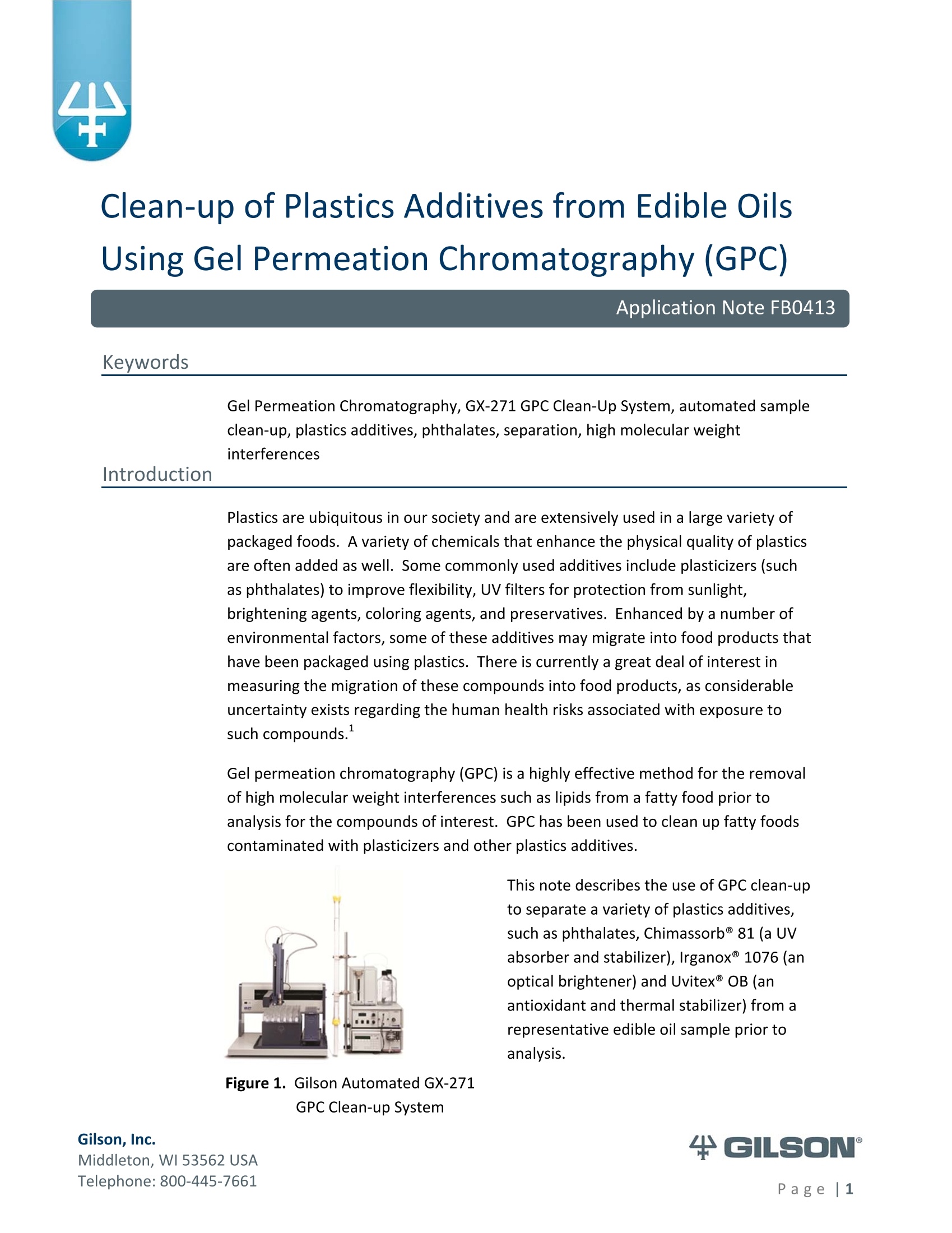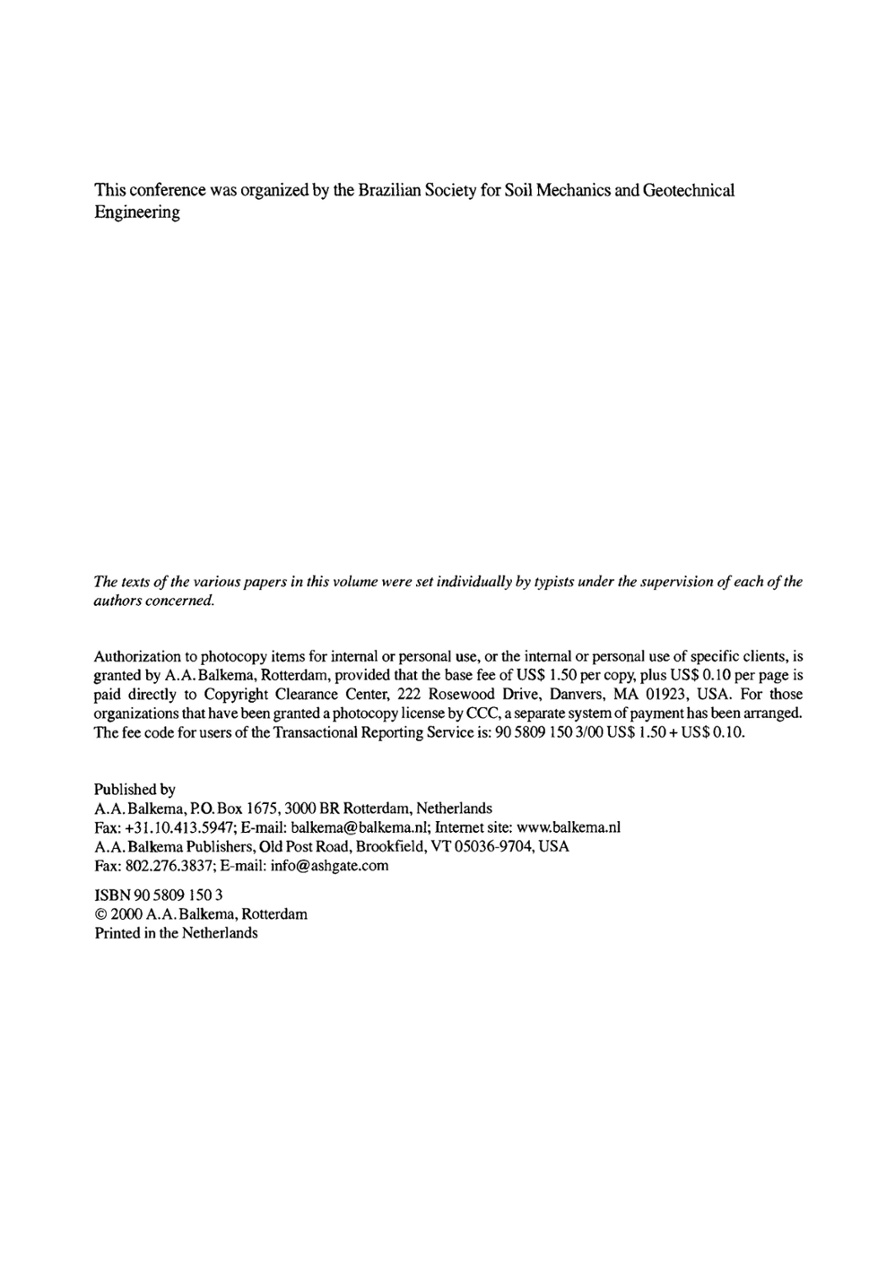"Understanding Land Loan Qualifications: Essential Criteria for Aspiring Land Buyers"
#### Land Loan QualificationsWhen considering the purchase of land, it's crucial to understand the specific land loan qualifications that lenders require. U……
#### Land Loan Qualifications
When considering the purchase of land, it's crucial to understand the specific land loan qualifications that lenders require. Unlike traditional home loans, land loans come with their own set of guidelines and criteria that potential borrowers must meet. This article delves into the essential qualifications you need to be aware of when applying for a land loan, ensuring you are well-prepared for the financing process.
#### Types of Land Loans
Before diving into the qualifications, it's important to note that there are different types of land loans available. The two primary categories are raw land loans and improved land loans. Raw land loans are for undeveloped land, while improved land loans are for parcels that have some utilities or infrastructure in place. Each type has its own land loan qualifications that vary based on the level of development and the lender's requirements.
#### Credit Score Requirements

One of the most significant factors in determining your eligibility for a land loan is your credit score. Most lenders prefer borrowers to have a credit score of at least 680, although some may consider scores as low as 620. A higher credit score not only improves your chances of approval but may also secure you a lower interest rate. It's advisable to check your credit report beforehand and address any discrepancies to enhance your score before applying.
#### Down Payment Expectations
Another critical aspect of land loan qualifications is the down payment requirement. Generally, lenders may ask for a down payment ranging from 20% to 50% of the land's purchase price, depending on whether the land is raw or improved. Because land loans are considered riskier than traditional home loans, lenders often require a larger down payment to mitigate their risk. It's essential to save adequately for this upfront cost to improve your chances of securing a loan.
#### Income Verification

Lenders will also assess your income to ensure you can afford the loan payments. This involves providing documentation such as pay stubs, tax returns, and bank statements. A stable income history and a low debt-to-income ratio can significantly enhance your land loan qualifications. Lenders want to see that you have a reliable source of income and are not over-leveraged with existing debts.
#### Land Use and Zoning
The intended use of the land plays a crucial role in the land loan qualifications. Lenders will want to know how you plan to use the property, whether for residential, commercial, or agricultural purposes. Additionally, zoning regulations can affect your eligibility. If the land is not zoned for your intended use, it may be challenging to secure a loan. Therefore, it's essential to research local zoning laws and ensure that your plans align with them.
#### Conclusion

In summary, understanding land loan qualifications is vital for anyone looking to purchase land. By familiarizing yourself with the types of loans available, credit score requirements, down payment expectations, income verification processes, and land use regulations, you can better prepare yourself for the lending process. Taking the time to meet these qualifications will not only increase your chances of approval but also help you make a sound investment in your future land purchase. Whether you're eyeing a plot for your dream home, a vacation getaway, or investment purposes, being informed about these criteria will set you on the path to success.